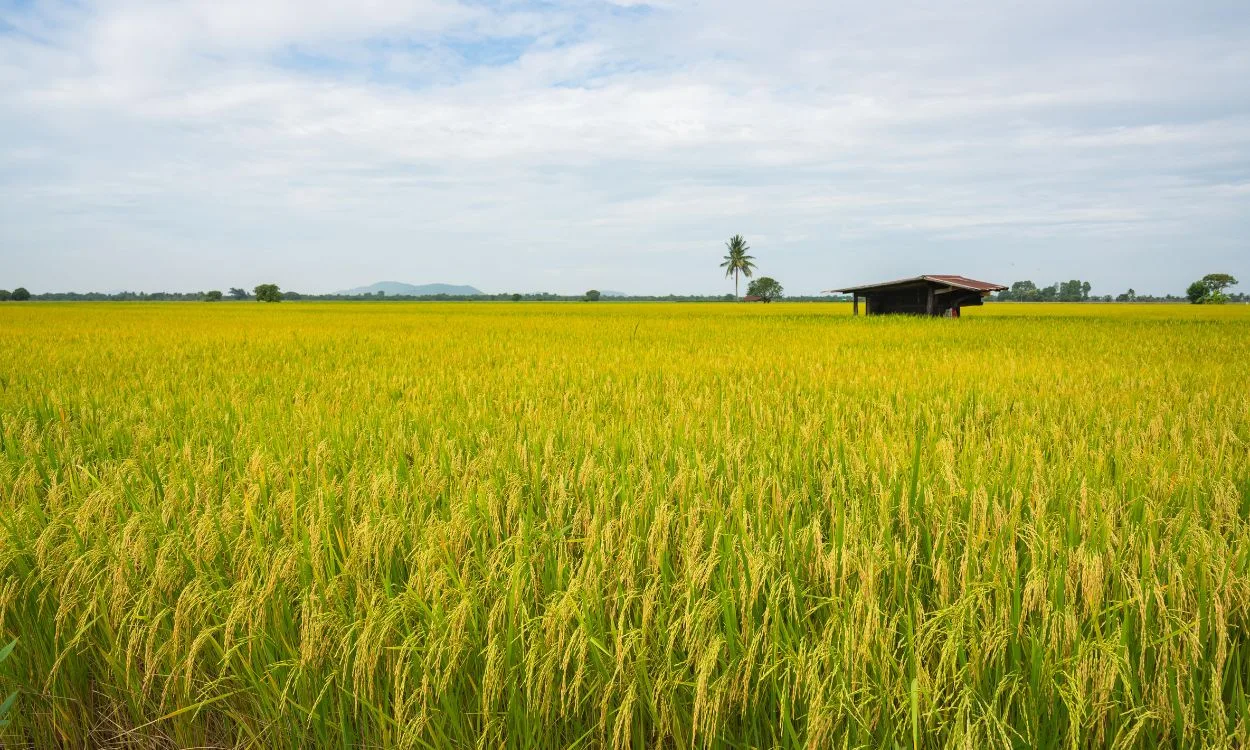Rice and Sustainable Agriculture: Balancing Production and Conservation
Rice is a staple food for millions of people in India and around the world. However, the production of rice has a significant impact on the environment, including water usage, greenhouse gas emissions, and soil degradation. Sustainable agriculture practices can help balance the production of rice with conservation efforts to protect the environment.
Water usage is a significant concern in rice production. Traditional methods of rice cultivation involve flooding the fields, which can lead to water wastage and soil degradation. However, sustainable agriculture practices such as System of Rice Intensification (SRI) and Alternate Wetting and Drying (AWD) can reduce water usage by up to 30%. SRI involves planting fewer seedlings per hill and using organic fertilizers, while AWD involves alternating periods of flooding and drying to reduce water usage.
Greenhouse gas emissions are another concern in rice production. Methane, a potent greenhouse gas, is produced during the decomposition of organic matter in flooded rice fields. Sustainable agriculture practices such as SRI and AWD can also reduce methane emissions by up to 50%. In addition, the use of organic fertilizers and crop rotation can reduce the use of synthetic fertilizers, which are a significant source of greenhouse gas emissions.
Soil degradation is a significant concern in rice production, as traditional methods of cultivation can lead to soil erosion and nutrient depletion. Sustainable agriculture practices such as SRI and AWD can improve soil health by reducing soil erosion and increasing soil organic matter. In addition, crop rotation and the use of cover crops can help replenish soil nutrients and reduce the need for synthetic fertilizers.
Sustainable agriculture practices can help balance the production of rice with conservation efforts to protect the environment. By reducing water usage, greenhouse gas emissions, and soil degradation, sustainable agriculture practices can help ensure that rice production is sustainable for future generations.
At Fitpaa, we believe that sustainable agriculture practices are essential for achieving our health and fitness goals. Our personalized Fitpaa Capsule is designed to optimize your metabolism and help you achieve your health and fitness goals while promoting sustainable agriculture practices. Download the Fitpaa app today and start your journey towards a healthier and more sustainable lifestyle.









